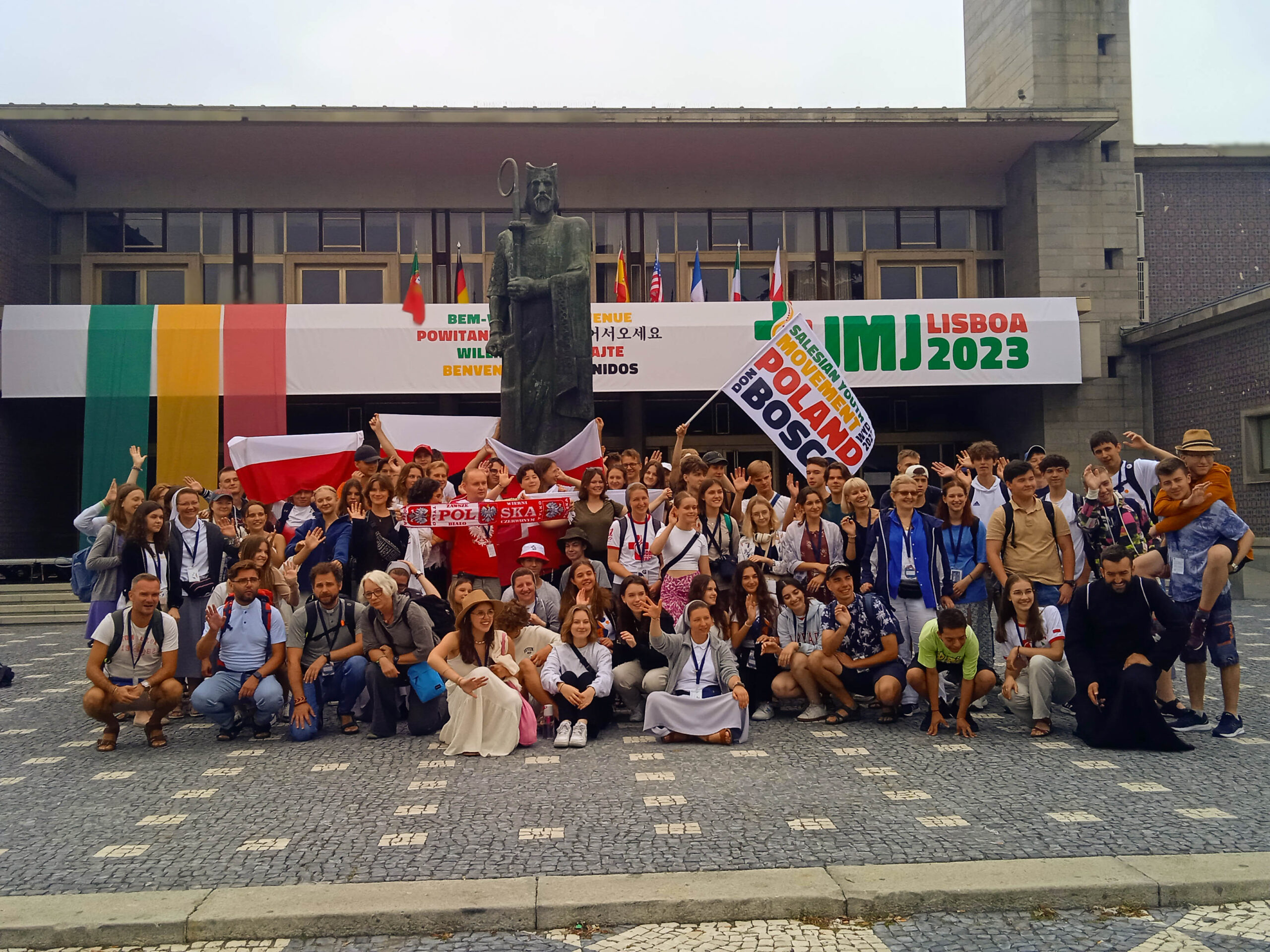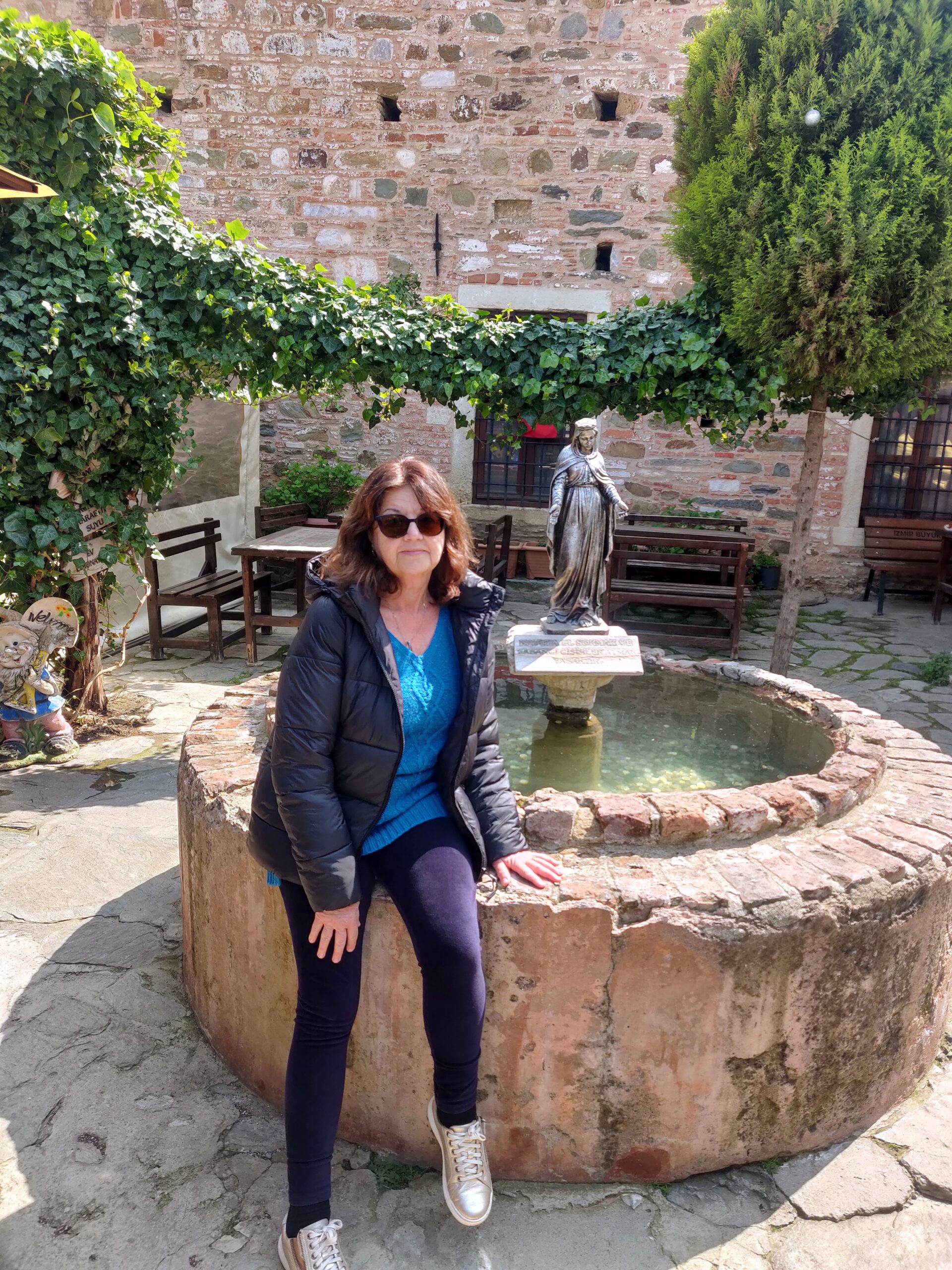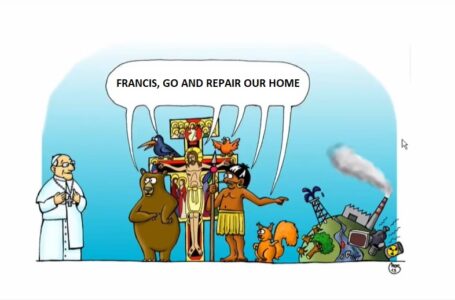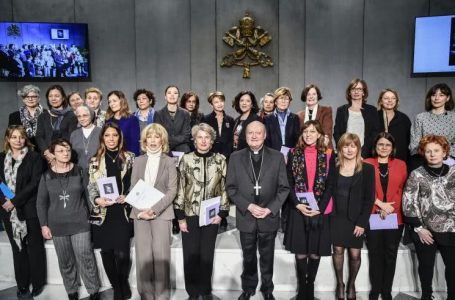“The Future Has Many Faces” – A Reflection
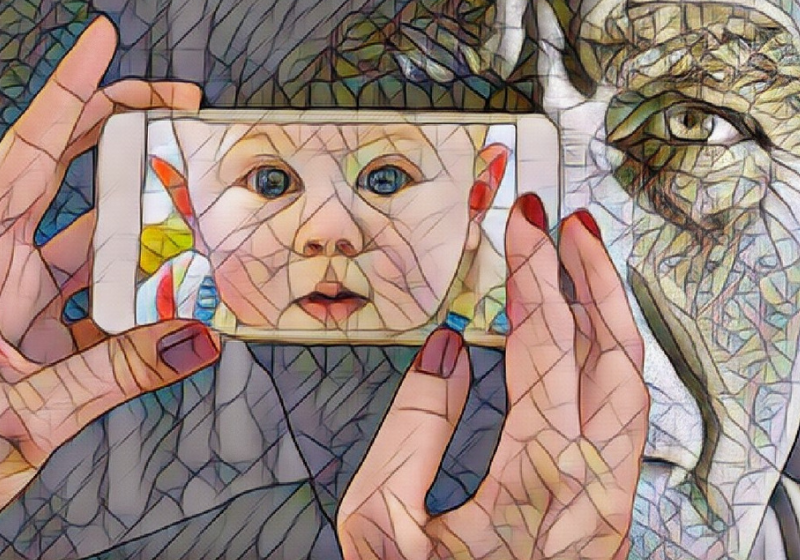
What could the future possibly hold? In this article, Fr Gilbert Scicluna takes the task of exploring one of the many iconic “slogans” that we see on billboards (i.e. “the future has many faces). What are the implications that this phrase carries or is “intended” to carry? More pressingly, what effect does (and perhaps should) it have on society – Maltese society in particular?
“The future has many faces”.
Without making any reference to the company that uses this slogan, I found it quite surprising to see such a philosophical statement used as an advert in our useless bus shelters (i.e., unless they’re to be used as greenhouses during summer or as bathroom cubicles during winter).
But at least, by claiming that the future has many faces, the advert departs from a deeply ingrained deterministic mind-set of us Maltese, especially with exclamations such as, “hekk kellu jkun”—that’s how things had to be—or “kienet miktuba għalih”—it was written for him. And this is quite funny because, for such statements to be tenable, we have to imagine a ginormous library with unending rows of shelving racks filled with whole volumes of books that contain all the details of how a person’s life will evolve, or rather proceed.
This reminds me of a film I watched some years ago, The Adjustment Bureau, starring Matt Damon as David Norris and Emily Blunt as Elise Sellas, who play the part of a couple that struggle to go against their predetermined separate plans until they are ultimately granted free-will. Without entering into detail, the movie reflects in a very bizarre way how sometimes we really see things in a contradictory way: everything is predetermined, and yet, at the same time, we are not willing to admit that such belief implies that we don’t really possess free-will. And this is so true because, “free will is a gift, you’ll never know how to use until you fight for it”, as the character Harry Mitchell (Anthony Mackie) well claims.
Returning back to our argument after this digression: what can be the different faces that the future possesses?
I don’t know. Maybe the face of success, as the company surely won’t promote the face of failure. Maybe the face of power that derives from success, because surely it cannot be the face of meekness that is perceived as weakness by society (i.e. since meekness tends towards gaining respect and, consequently, authority—unlike power, which is obtained by control). Maybe the face of fame which tends to peak and then heads toward a torrential downfall.
I don’t know what faces my—and our—future will have. But hopefully—in the sense of ‘full of hope’, and not in the sense of ‘if I’m lucky enough’ or ‘if the gods permit”— it has at least two faces.
Firstly, the face of humanity which, irrespective of our diverging roads, different social standing, and contrasting views, puts us on the same level and, especially in times of crisis, forces us to cooperate and respect each other as members of the same species.
And, secondly, the face of God-made-man who, in his abyssal downfall, showed us what it really means to be human: the ability to look towards the other and see in the other the face of God who’s image we are all created in and by whose incarnate face we were smiled at and redeemed.
Fr Gilbert Scicluna
Gilbert Scicluna is a Catholic Priest, currently serving at the parish of Christ the King, Paola, and co-editor of the website behold.mt.
![]()
